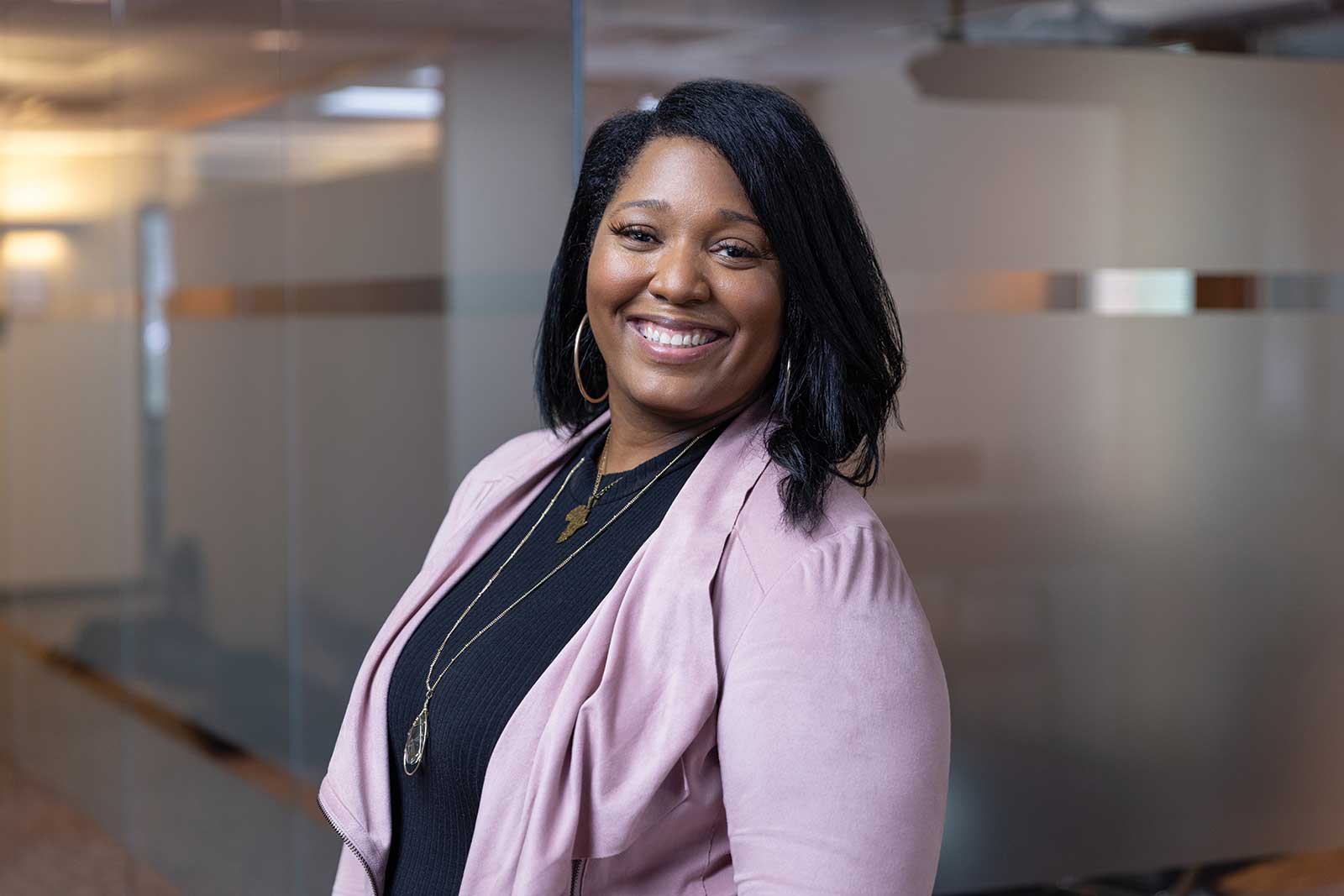So I Have Privilege … Now What?

La Toya Stevens takes on the uncomfortable topics of privilege and power.
If you read last month’s article, “The Truth About Privilege,” you may have walked away with a few questions. You probably even had a few feelings. I received a lot of feedback, some of it positive and some negative. Some was from people I knew and some was from complete strangers. Common questions I received were, “How do I share my power?” or, “How can I help people who don’t live with the benefit of whiteness?”
This seemed to be a herculean task to those with these questions. However, there was a sincere desire to know what they could do. By the end of this piece, hopefully you will feel empowered and inspired to use and share your power and privilege to benefit others who lack the same access to opportunities and success.
Be Intentional
The first step in sharing your power and privilege is being intentional. You cannot share power if you do not believe you have any. The only way to share your power is to make an intentional decision to be an ally and act in allyship whenever possible. While the last article spoke specifically about white privilege, the principles of sharing power and privilege are not limited solely to the white members of our community. It applies to everyone, regardless of cultural or personal identity. We all have power and privilege, be it personal or professional. You must make a personal decision to accept the truth that you will not lose anything when you share your power and privilege with others.
Identify Your Power
After you make an intentional decision, you have to do an assessment of your personal and professional life to identify your spheres of influence and understand the power you possess. Often, we believe the lie that only those “in power” have power. The reality is that every day, you have access to power that you can leverage to benefit someone else.
Recently, the NAACP wrote an open letter to all of the professional sports players associations in Texas, urging free agents to use their power and refuse to play for teams in Texas, citing legislation that threatens constitutional rights related to abortion laws, voting rights laws, and mask mandates. They went on to ask players to ensure that owners are looking out for them and their best interests and asked the players to use their influence to help others.
What I love about this example is that it shows the full scope of one’s power. Power is both personal and professional. Though individual, it is also collective. Now, you may be sitting there thinking, “OK Toya, I’m not a professional athlete. How does this apply to me?” Well, you may not have the same kind of power, but you definitely have power.
Power is the ability to affect change. Whether we are conscious of it or not, our speech and behavior is always influencing people who observe it. When you are at work, you have professional power. This is the power associated with your role within an organization. Your personal power is your power to influence others, outside of a professional setting.
Be Inclusive
Once you identify your personal and professional power, use it to include people who have been marginalized and denied access to opportunity. This can look like making an intentional decision to use minority- and women-owned vendors whenever the option is available. It also may mean being willing to pay the same rate to a minority as you would pay a business with a white owner. Professional power can be leveraged in many ways.
As a marketing professional, I am intentional in seeking opportunities to use minority- and women-owned businesses. Does this mean that I exclude other businesses? No. What it does mean is that I recognize that I can provide minority- and women-owned businesses access and opportunity. So when I can, I do.
Another example of using your professional power can be as simple as creating space for others to speak when you notice their voice has not been heard. It is not enough to have minorities in the room if they cannot speak or their voices are not heard.
An example of sharing personal power is advocating for someone other than yourself. When you learn to listen authentically and accept the reality of people whose lived experience is not your own, you become less defensive. It can also look like speaking on someone’s behalf without needing to be prompted — doing it simply because it is the right thing to do. All of these actions influence others.
Final Thoughts
Be an ally not only in words, but in action, knowing that in sharing your power and privilege, you lose nothing and provide someone with an opportunity to gain everything. We all have power and privilege. Some is earned and some, like white privilege, is unearned. However, all of it, regardless of its origin, can be used to benefit others.


